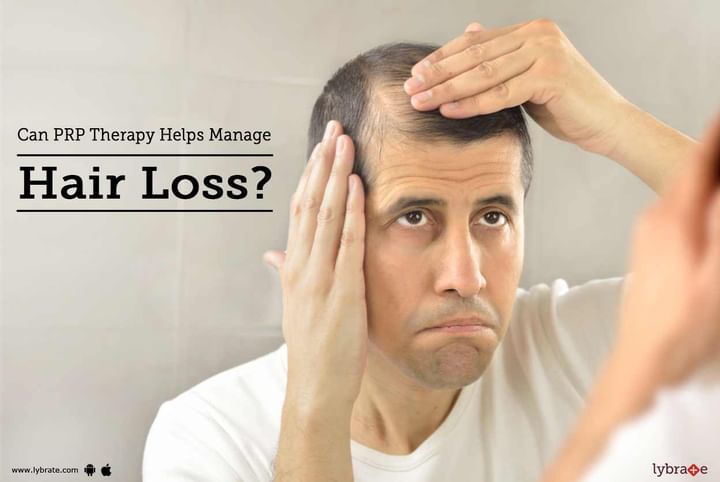Can PRP Therapy Helps Manage Hair Loss?
In order to have healthy volume of hair on your head, the rate of hair loss and replacement should be in tandem. With age, your hair growth cycle shows signs of slowing down and factors like age, disease, and hormonal changes among others affect the pace at which an individual hair follicle moves through the 3 phases of the hair cycle. A disruption in your hair cycle can give rise to loss of hair that’s rapid and unexpected. Hair loss or alopecia can affect both men and women.
So what can cause your hair to fall at an alarming rate?
The reasons behind hair loss could be many, but here are 6 major ones:
1. Lack of protein in your diet
When you exclude protein from your diet, your body starts to conserve the protein that it has by altering the growth cycle of your hair. In such cases, your hair enters into the resting stage, resulting in zero hair growth.
In India, 9 out of 10 people are said to suffer from low amounts of protein in their diet, with 91% vegetarians reporting protein deficiency.
2. Iron deficiency
Iron plays a very important role in the transportation of oxygen to the different organs of the body. Lack of iron in your diet (which is the principle reason behind anaemia) can give rise to several health problems including hair loss. Your body attempts to direct oxygen to important organs so as to support their functioning. As a result, your scalp witnesses a low supply of oxygen, which causes hair loss.
3. Vitamin D-3 deficiency
Deficiency of vitamin D-3 gives rise to a type of hair loss called Telogen Effluvium (TE). This is a temporary hair thinning phenomenon that takes place when the all the hair on your scalp enter the resting phase at the same time, subsequently causing you to shed a large amount of hair later on.
4. Smoking
Smoking can also affect the health of your hair, especially the rate at which it falls and the number of strands lost in a day. A research carried out by the Harvard School of Public Health has revealed that smoking can cause a rise in a hormone called dihydrotestosterone (DHT).
An increase in DHT level prevents new hair cells from growing and causes hair follicles to reduce in size with each hair cycle. As a result, the area on your scalp that gets affected by DHT experiences a lack of hair growth.
5. Use of testosterone supplements in gym
Intake of testosterone in the form of supplements and injections to build muscle mass can trigger hair loss in men. This takes place when the testosterone in these supplements gets changed into DHT, thereby affecting your hair loss rate and amount.
6. Past illnesses (dengue, TB and typhoid)
Falling of hair can also be brought on by illnesses such as typhoid, TB and dengue as the hair growth cycle comes to a stop. Hormonal or metabolic stress that is experienced during the course of such diseases may cause hairfall.
What are the treatments available to cure hair loss?
1. Hair transplant
Hair transplant is a minimally invasive surgical technique that transfers hair follicles taken from other parts of your body to the balding area. Known by the name of Follicular Unit Transplantation, this hair loss treatment can help to bring back the natural appearance of a fuller head of hair. Hair follicles are harvested using two procedures- follicular unit extraction and strip harvesting. Procedure can vary from 4-8 hours or more depending on the case.
2. Platelet- Rich Plasma (PRP)
Platelet- Rich Plasma (PRP) is another treatment alternative that can reverse hair loss. It’s a simple non-surgical procedure that lasts about 60-90 minutes. In this form of hair treatment, the patient’s own blood cells, more specifically blood platelets are injected into the scalp. Usually 8 sittings are required with each sitting being 2 weeks apart for better results.
3. Low Level Laser (Light) Therapy (LLLT)
This form of hair therapy utilises light energy of a specific wavelength and threshold to stimulate cellular activity, thereby promoting hair growth. Various controlled clinical tests have revealed its effectiveness in encouraging hair growth in both the genders.
Vitamin D- deficiencyPlatelet Rich Plasma



+1.svg)
